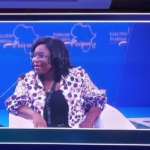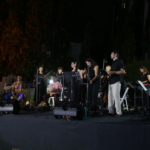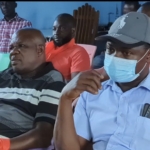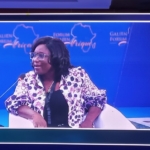
The role of women and media in promoting well-being stole the spotlight at the Women’s Forum of the 8th Galien Africa Forum in Dakar.
At the event, The Multimedia Group’s Emefa Ama Ewoenam Atiamoah-Eli, who is also the West and Central Africa Regional Coordinator for Maternal, Newborn and Child Health (MNCH) at REMAPSEN, called for a paradigm shift in how Africa defines and communicates wellness.
Speaking on the sub-theme, Role of well-being in the preservation of good health: place of women?” Emefa stated that women are not merely beneficiaries of health interventions but the backbone of community well-being.
“From nurturing children to supporting households, women’s physical and mental wellness directly influences the entire population,” she said.
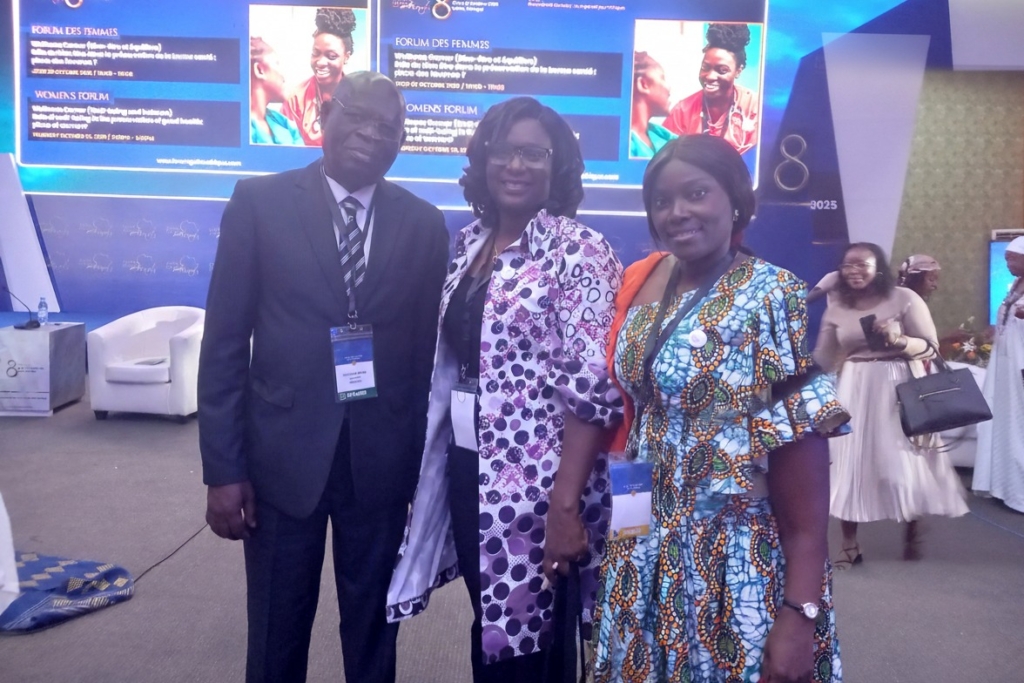
“If we are serious about health sovereignty, we must create systems that empower women to care for themselves emotionally, nutritionally, and physically as a continental health investment.”
She emphasised that a woman who is well in body and mind becomes an inspiration for “well families, well communities, and ultimately, a well nation.”
When asked about how the African media can promote well-being as part of health sovereignty, Madam Atiamoah-Eli described the media as “one of the most powerful tools for shaping health mindsets.”
“Beyond reporting disease outbreaks, we must tell prevention stories – stories of how mental wellness, balanced nutrition, and physical activity sustain our health independence,” she noted.
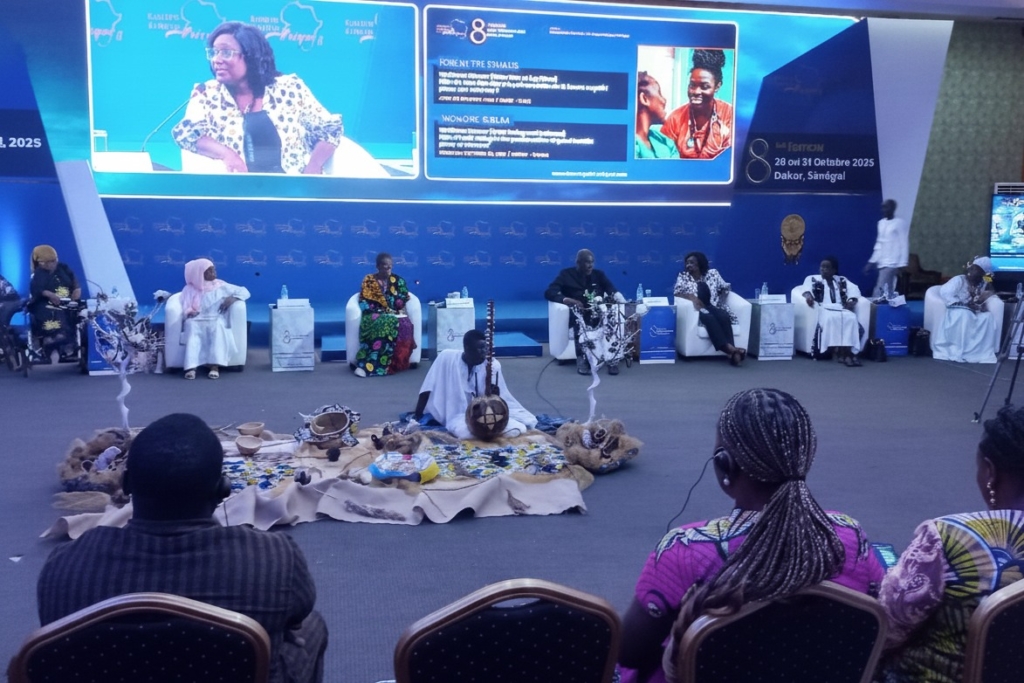
Drawing from her experience with the African Media Network for Promotion of Health and Environment (REMAPSEN) and The Multimedia Group Limited in Ghana, she explained that consistent and relatable storytelling, rather than crisis-motivated coverage, helps normalise conversations around well-being.
She outlined strategies like framing well-being as a development issue, not a luxury; highlighting indigenous wellness practices, such as community exercise clubs and traditional diets that align with modern health science, among others as key ways media can contribute to this effort.
For her, “these strategies help communities understand that health sovereignty begins with individual and collective well-being not just with hospital infrastructure,” she added.
On the question of which formats are most effective for promoting preventive health, Emefa underscored the importance of storytelling that humanises messages and connects with people’s lived realities.
She cited short documentaries, radio dramas, local-language podcasts, and community-based journalism as impactful tools for engagement, particularly in rural and semi-urban areas.
“People connect with stories when they see themselves in them,” she explained. “Instead of telling people what to do, let’s invite them into a conversation about what well-being means to them culturally, socially, and personally. That’s how communication becomes empowerment.”
Madam Atiamoah-Eli urged African leaders, institutions, and media practitioners to make wellness an everyday conversation in her closing.
She said “the media’s role is to make wellness as natural a topic as football or politics. That’s when prevention becomes culture and culture becomes our greatest public health policy.”
The President of the Republic of Senegal, His Excellency, Bassirou Diomaye Diakhar Faye is scheduled to close the forum later on Friday, 31st October with the 5th Galien Prize Awards. The ceremony will honour outstanding innovators, researchers, scientists, and young professionals whose contributions have advanced health and scientific development across the continent.
- President Commissions 36.5 Million Dollars Hospital In The Tain District
- You Will Not Go Free For Killing An Hard Working MP – Akufo-Addo To MP’s Killer
- I Will Lead You To Victory – Ato Forson Assures NDC Supporters
Visit Our Social Media for More

